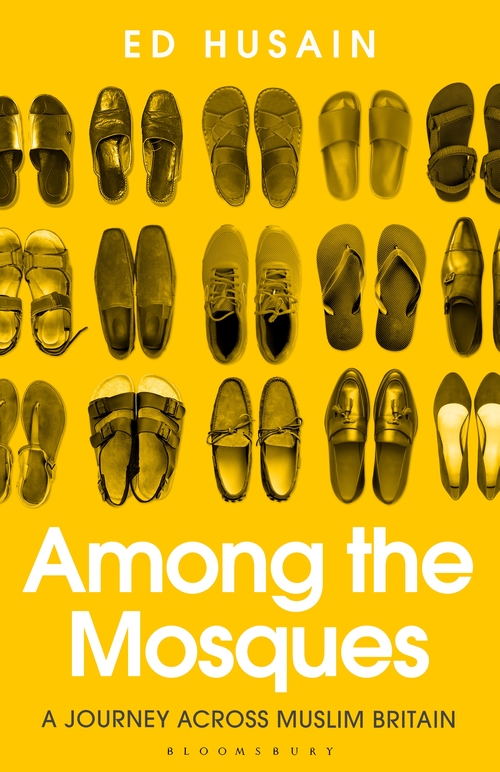The New Muslim Elites in European Cities: Religion and Active SocialCitizenship Amongst Young Organized Muslims in Brussels and London
Islam in Western Europe ceases to be a religion of immigrants and is beginning to emerge as a religion of European born citizens. As a result of the acts of violence committed by Muslim believers on the continent and elsewhere there has been increased focus on Muslims in Europe, however, very little attention has been paid to the exploration of various dimensions of citizenship of young European Muslims. The book aims to fill this gap by uncovering what the emerging Muslim religious brokers or members of the new Muslim elites mean when they describe themselves as ‘Muslim citizens’ and by exploring relations between Islam and citizenship in two urban/national settings: one in which Muslims are mostly perceived as individuals (Brussels/Belgium) and one in which they are usually viewed as members of religious, ethnic or other social groups (London/Britain). It argues that the shift in the mobilisation of Islam in Europe from a politics of Muslim identity to the politics of Muslim citizenship is closely linked with the development of a civic consciousness among certain segments of the Muslim populations. The book is a must read for all students of European societies and their ‘Islams’.
FROM THE REVIEW of Prof. Jørgen S. Nielsen (Centre for EuropeanIslamic Thought, University of Copenhagen)
The author has carried out a meticulous study of Muslim elites in Brussels and London. The data collected is analyzed in great detail. Besides, the work proves that the writer is very well acquainted with Islamic history and doctrines and social science theories.
There is much good to say about the theoretical parts of the manuscript. I particularly enjoyed the discussion of both the importance of urban environments and the sociological discussions of identity. Both discussions proved that the writer has an in-depth knowledge of these subjects and masters relevant theories so well that new and relevant perspectives are produced.
The analytical parts are well-written and the author does his utmost to tease out every single drop of information available in his interviews. The main contribution of the manuscript lies in its original theoretical framework and its comparative focus. In this respect the author deserves credit for collecting data in two cities in two different countries. The focus on citizenship and its various forms is also valuable and original. I will rank the manuscript within the top 50% of works in the field.
The work is useful both for students and researchers focusing on Muslim minorities in Europe, immigrant populations and minorities, national and transnational identity formations and citizenship in action. The work can also of value to policy makers, politicians and media people, creating a better understanding of the role that younger generations of Muslims in Europe seek to play, what their resources are and where they experience stumbling blocks of integration and fruitful co-existence.
BIOS
Konrad PĘDZIWIATR is Assistant Professor at the Department of Sociology and Social Anthropology at the Tischner European University (Poland). He holds a PhD in Social Science from the Katholieke Universiteit Catholic University of Leuven (Belgium) where he worked as a researcher between 2004-2008. His previous appointments include Department of Social Science and Humanities at the University of Bradford and Institute of Social Anthropology at the University of Oxford. His recent publications include ‘The New Muslim Elites in European Cities: Religion and Active Social Citizenship Amongst Young Organized Muslims in Brussels and London’ (2010, VDM) and ‘From the Islam of Immigrants to the Islam of Citizens: Muslims in the Countries of Western Europe’ (2005, 2007, Nomos). He published on different dimensions of the Muslim presence in Europe in ‘European Judaism’ (2008), ‘Social Compass’ (2007, 2011) and the ‘ISIM Newsletter’ (2006). He is editor of the biggest web portal in Poland devoted to the Middle Eastern and Muslim issues www.Arabia.pl and the National Coordinator of the EAPPI (Ecumenical Accompaniment Programme in Palestine and Israel).
ADDRESS: Department of Sociology and Social Anthropology, TischnerEuropean University, ul. Westerplatte 11, 31-033 Kraków, Poland.[email: [email protected]]






